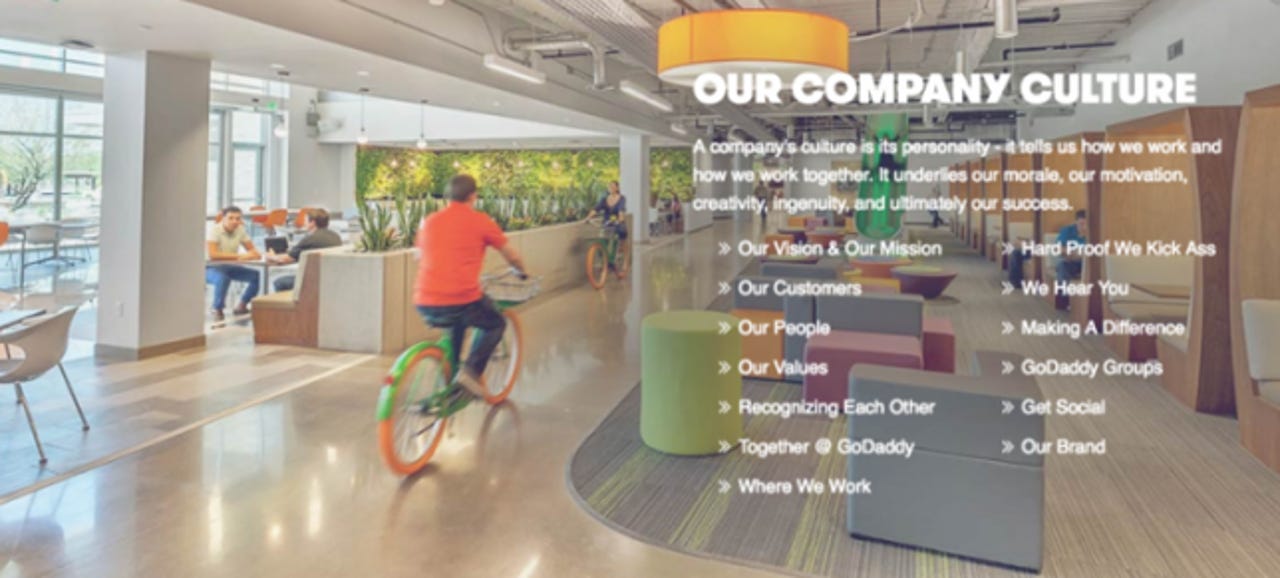Can a good collaboration knowledge repository solve corporate amnesia in businesses?


The data we create and copy annually across the digital universe will reach 44 zettabytes (or 44 trillion gigabytes) by 2020, according to EMC.
Thirty seven percent of this data, if correctly tagged, characterised, and analysed, will then be considered useful. Imagine the data that is currently useless, wasted and un-accessed, across file storage systems in businesses.
When an employee leaves a company, the knowledge, content, and information contributed by that employee is lost or misplaced.
Current working trends point towards more flexible and freelance work environments, and with an approximate global employee turnover rate of 23 percent, businesses find themselves susceptible to ''corporate amnesia."
Corporate amnesia is the loss of accumulated corporate knowledge due to employee departures or the distributed workforce across many organisations.
It is a big problem and it impacts American workers. So, what can businesses can do to eliminate it in organizations?
The spread of corporate amnesia has been measured by California-based intranet communications company Jive Software in its global survey. It surveyed 2341 knowledge workers from the US, UK, France, and Germany.
It found that over half of German knowledge workers (54 percent) said corporate amnesia is a problem at their company, followed by workers in the UK (47 percent), France (44 percent), and the US (42 percent).
Knowledge workers across the globe said they spend 29 percent of an average work day searching for corporate information needed to complete work projects.
French knowledge workers said they spend 33 percent of their day searching for corporate information, followed by those in the US (32 percent), UK (26 percent), and Germany (24 percent).
Email-based search remains the primary search tool used by knowledge workers in the US. Forty percent of workers find the information they need through email.
Yet 35 percent of American knowledge workers report feeling overwhelmed by the number of work emails they receive on a daily basis.
Workers want more immersive interaction with teams and information through their collaboration system to help them solve business problems.
Only half of workers think their office collaboration system is immersive, and incomplete toolsets still leave room for enhancement.
Artificial intelligence (AI) can help with communications overload, and human/AI collaboration can enhance the customer experience through access to internal business knowledge.
So, can enterprise social networking technologies have an impact on an organisation's ability to store corporate knowledge?
Workers' 'metaknowledge' -- the knowledge of "who knows what" and "who knows whom" -- can be significantly increased with an effective knowledge repository.
If knowledge workers are aware of ambient communications happening amongst others in the organization, they can gain knowledge in a more structured way than workers without access to this knowledge, according to a paper produced by Paul M Leonardi for Management Information Systems Quarterly.
Without a good collaboration solution in place and access to the ever-growing mountain of information being accumulated globally, businesses risk collapsing under the weight of forgotten files.
Organizations already experience the detrimental side effects of institutional knowledge loss, which is costing businesses hard cash.
An effective intranet or collaboration solution means that workers can search for corporate information -- even if that information has been placed on to the system by a worker who no longer works at the company.
Having a searchable data repository where data is easy to discover can enable organizations to preserve corporate memory and help current and future employees.
Employees will hand over work passwords to hackers for money